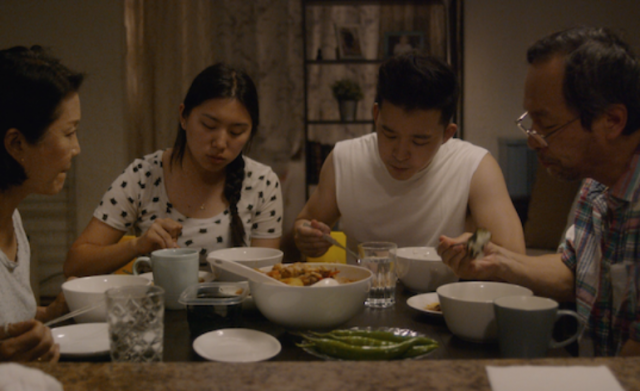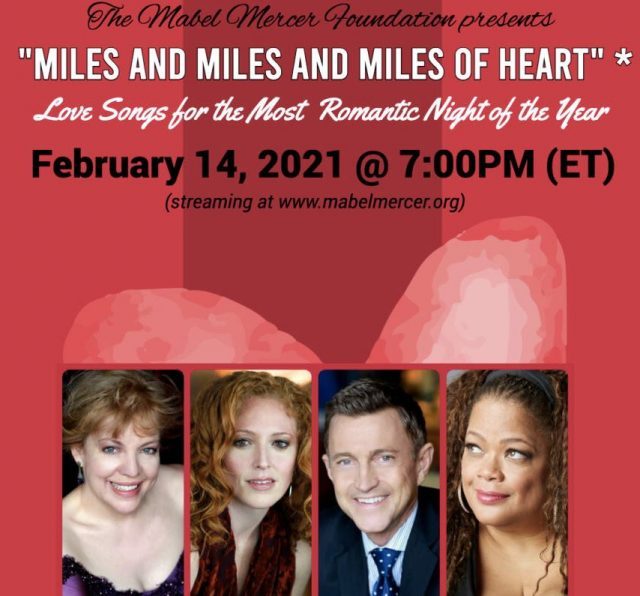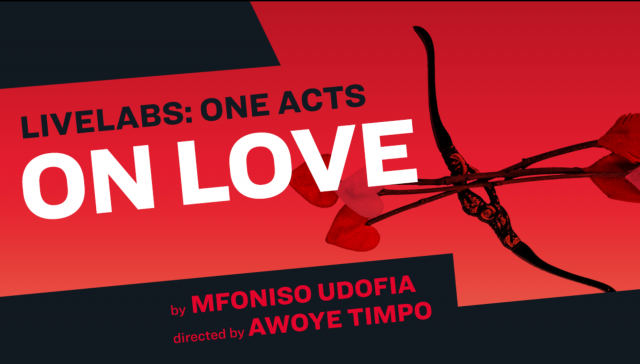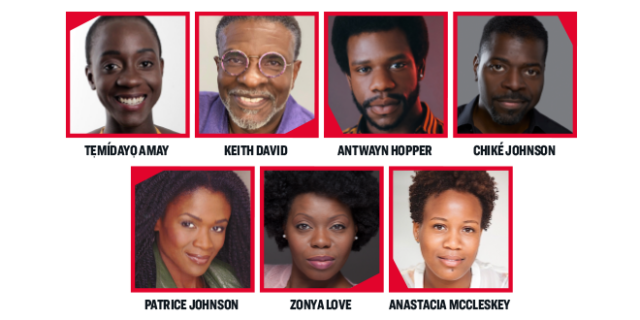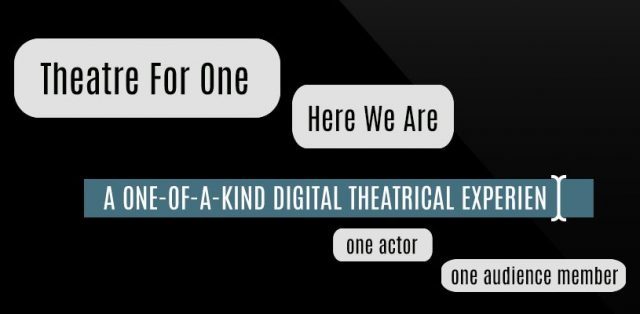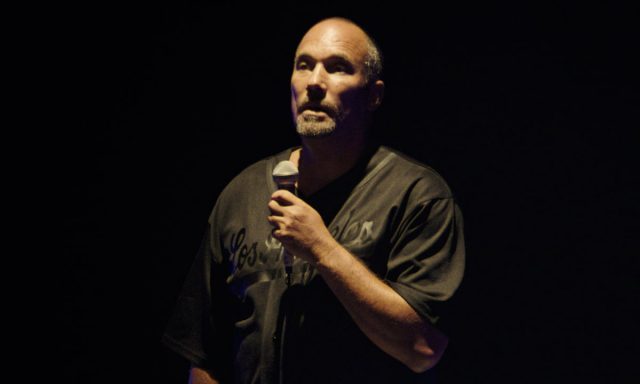
Michael Urie, Ann Harada, Constance Shulman, and Colby Lewis deliver interconnected monologues in Drew Larimore’s Smithtown
SMITHTOWN
The Studios of Key West
February 13 – March 13, $20
tskw.org
Drew Larimore’s Smithtown is set not in the nearby North Shore municipality on Long Island but in a fictional midwestern college town in the aftermath of a terrible tragedy. The sixty-five-minute virtual play, presented by the Studios of Key West through March 13, explores the incident from four different perspectives, in a quartet of interlinked Zoom monologues that slowly reveal how it unfolded, through jealousy, thoughtlessness, ambition, and accident.
The show, directed by opera librettist Stephen Kitsakos, begins with the indefatigable, always charming Michael Urie (Torch Song, Buyer & Cellar) as Ian A. Bernstein, a grad student on the first day of teaching the new Smithtown College class Introduction to Ethics in Technology. Frazzled and uneasy, Bernstein explains that they will be examining how technology, and the cell phone in particular, can be used “as a tool, as a device, as a weapon.” He then begins to detail a specific event involving himself and his ex-girlfriend that went horribly wrong, revealing an alarming blindness to his own role in the event.
The action then shifts to Ann Harada (Avenue Q, Emojiland) as perky Bonnie, aka Text Angel, a former guidance counselor at Smithtown High School who now makes a living by sitting in front of a computer in her basement, sending uplifting messages to people in need of “digitized self-esteem.” She says of a new client, “I’ve got a seven-hundred-pound woman in Akron, Ohio, who’s got the bottomless kung pao chicken at Ling’s Chinatown Buffet eyeing her like a hooker. This time next year we’ll have you posing in the swimsuit edition, hotcakes.”
In the third scene, Colby Lewis (Hamilton, Five Guys Named Moe) plays Eugene Pinkerton, a jack-of-all-trades at the Smithtown Heritage Center who is making a YouTube video praising the cultural glories of the town. But a chip on his shoulder gets in the way: “Our nation’s finest artists live in small-town America; we should be looking there for our next great minds and hearts and not write folks like me off as folksy hacks,” he says. He then talks about his own art exhibit, which he calls “groundbreaking,” work “that will put those avant-garde folks in New York to shame,” defending the indefensible subject matter.
Smithtown concludes with Constance Shulman (Orange Is the New Black, Steel Magnolias) as Cindy, a woman welcoming an unseen couple to the neighborhood. She’s in her kitchen, offering them lemon cookies and explaining that it’s been a rough year, separating from her husband and having trouble sleeping. “I’d like nothing more than to take an eraser to wipe away any trace. That way you never have to . . . ,” she says, her voice trailing off with sadness. She changes the discussion to her obsession with Facebook and also shows a picture on her phone of her estranged husband — an old photo of Shulman’s real-life spouse, actor Reed Birney. As the overall story comes full circle, it’s likely to hit you like a brick.
Larimore (The New Peggy, The Cannibals of McGower Country) wrote Smithtown before the pandemic, but it has been revamped for online viewing in a way that makes it feel like it’s very much about these current troubled times as it deals with loneliness and connection. The play is bookended by terrific performances by Urie and Shulman, two of New York’s finest actors. Urie, who has been very busy during the coronavirus crisis, participating in numerous benefit readings, conversations, and short plays, lends a complexity to the deeply disturbed Bernstein; just watch how he corrects himself each time he says “girlfriend,” following it up with “ex-girlfriend.” And Shulman is extraordinary as a woman trapped with her memories, desperate to reach out and not be alone, something we can all appreciate as we’re sheltering in place, so many of us unable to see our loved ones. Technology can bring us together, but as Smithtown demonstrates, by crowd-sourcing away our personal responsibility, it can also tear us apart.
